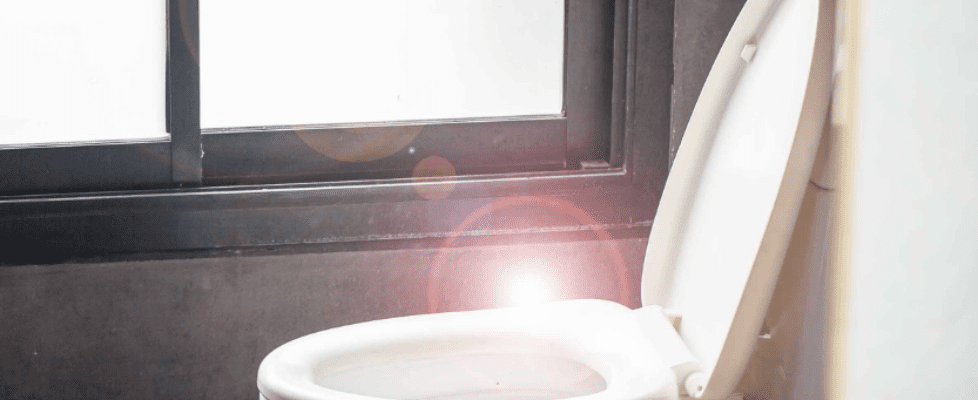The First Timer’s Guide to Surviving Sewer Repair
Owning a home comes with a lot of responsibilities, including maintaining essential systems like heating, air conditioning, water supply, and the septic system. While these systems make life comfortable, repairing them can be a daunting task—especially when it comes to sewer repairs. For first-timers, navigating sewer repair can feel overwhelming, but with the right guidance, you can handle the situation efficiently. Here’s everything you need to know to survive your first sewer repair.
Determine the Cause of the Problem
The first step when you notice an issue with your sewer system is to identify the root cause. Ignoring the problem can lead to collateral damage, such as water backup, foul odors, or property damage. Troubleshooting the issue early can minimize or even prevent further complications.
Steps to Identify the Problem:
- Inspect the Signs: Look for common indicators like slow drains, gurgling sounds, unpleasant odors, or visible leaks.
- Research the Issue: Use online resources to understand the symptoms and potential causes of the problem.
- Consult with Neighbors: If you live in an area with shared sewer lines, ask neighbors if they’ve experienced similar issues.
- Call a Professional: Contact a sewer repair company for an initial consultation. Describe the problem in detail to get advice before they send a technician.
Perform Temporary DIY Repairs if Possible
While waiting for a professional, you can implement temporary fixes to prevent the issue from worsening. These quick, short-term repairs can buy you time and reduce the impact of the problem.
Temporary Fixes for Sewer Problems:
- Seal Leaking Pipes: Use plumber’s tape or epoxy to temporarily seal visible leaks.
- Shut Off Valves: Turn off water valves in affected areas to stop water flow and limit damage.
- Limit Usage: Avoid using plumbing fixtures connected to the problematic system, such as specific bathrooms or sinks.
Pro Tip: Avoid complex repairs that require specialized tools or knowledge. Attempting a difficult fix without experience can worsen the situation.
Shop Around for the Best Prices
When dealing with sewer repair, it’s tempting to hire the first company you contact. However, shopping around for the best prices can save you money and ensure you get quality service.
How to Find the Best Repair Service:
- Get Recommendations: Ask neighbors, your homeowners association, or friends for referrals to trusted repair companies.
- Compare Estimates: Request quotes from multiple providers. Be wary of vague pricing or phrases like “the price depends on what we see.”
- Check Online Reviews: Research the company’s reputation and read reviews from previous customers.
Pro Tip: Be detailed when explaining the problem to the technician. Providing accurate information helps them give a more precise estimate.
Follow Plumbing Codes
Every state or locality has plumbing codes that must be adhered to during repairs. These regulations ensure safety, compliance, and functionality. Whether you’re doing a DIY repair or hiring a technician, it’s essential to follow these codes.
Why Plumbing Codes Matter:
- Legal Compliance: Repairs that violate codes can lead to fines or additional work.
- Insurance Coverage: Non-compliant repairs may void your home insurance coverage in case of damage.
- Long-Term Functionality: Properly executed repairs ensure the system operates efficiently for years.
If you’re uncertain about your area’s plumbing codes, consult local guidelines or let a certified technician handle the repair from the beginning.
Avoid Uncertified Technicians
Choosing a certified technician is crucial for the success of your sewer repair. While uncertified technicians may offer lower prices, their lack of qualifications can result in subpar work, legal issues, or additional repairs later on.
Risks of Hiring Uncertified Technicians:
- Low-Quality Repairs: They may lack the skills or tools needed for the job.
- Code Violations: Uncertified work often doesn’t comply with local plumbing codes.
- Future Costs: Poorly executed repairs can lead to more expensive problems down the road.
Before hiring, verify the technician’s certification and confirm that the company is licensed to perform sewer repairs in your area.
How to Prepare for Sewer Repair
Sewer repair can be disruptive, but proper preparation can make the process smoother for you and your household. Here are some tips to get ready:
- Clear the Area: Remove items near the repair site to provide easy access for technicians.
- Communicate with Family Members: Inform everyone in the household about the repairs and limit water usage during the process.
- Plan for Disruptions: Sewer repairs may take several hours or days, depending on the severity of the issue. Arrange alternative bathroom or water access if needed.
- Ask Questions: Don’t hesitate to ask the technician about the repair process, estimated timelines, and any additional precautions.
Preventative Maintenance to Avoid Future Repairs
The best way to survive sewer repair is to prevent the need for one in the first place. Regular maintenance of your septic and plumbing systems can help identify potential issues early and extend their lifespan.
Tips for Preventing Sewer Problems:
- Schedule Routine Inspections: Have your plumbing system inspected annually by a professional.
- Avoid Flushing Non-Degradable Items: Products like wipes, paper towels, and feminine hygiene products can clog pipes and cause backups.
- Monitor Tree Roots: Trees near your home can grow roots into sewer lines, causing blockages or damage.
- Install a Backflow Prevention Device: This device prevents sewage from backing up into your home during heavy rains or flooding.
Conclusion
Sewer repair may seem intimidating, but with proper preparation and knowledge, you can handle the situation effectively. Start by identifying the problem, performing temporary fixes, and hiring a certified technician for long-term solutions. Always follow local plumbing codes and avoid cutting corners to ensure a successful repair.
By shopping around for the best service, adhering to regulations, and maintaining your plumbing system, you can minimize the stress and expense of future sewer repairs. Remember, a well-maintained sewer system is essential for a comfortable and functional home.
